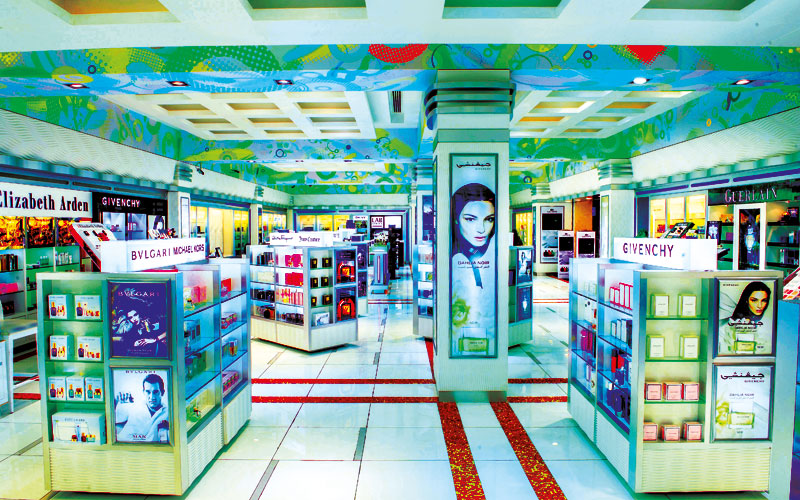Life expectancy is way up and infant and child mortality rates are down. Now the Ministry of Health looks to private players to further improve quality and standard of care in the healthcare sector, thereby opening up new investment opportunities

Over the last 44 years, healthcare in the Sultanate of Oman has exploded from a dozen hospital beds to dozens of hospitals. And the progress shows no signs of slowing.
Dr. Ahmed Mohammed Al-Saidi, Oman’s Minister of Health, says, “In 1970 we had 12 hospital beds in the whole country, a few expatriate missionary doctors, and not more than 30 nurses for the whole country. The health services were very, very primitive. In the 1970s the life expectancy for Omanis was only 49 years for men and 50 for women.” Since then, Dr. Al-Saidi says that almost every health outcome has improved.
Bakul Mehta, CEO of Muscat Pharmacy and Stores – the biggest supplier of medicines and health equipment for hospitals in the country, established in 1968 – agrees, saying, “The government has made a tremendous progress in healthcare infrastructure.”
The results of this progress have been dramatic. In less than three decades, the life expectancy for Omanis jumped to 74 years. Over that same period, infant mortality dropped from 118 deaths per 1,000 babies, to only 10.5. Child mortality plummeted from 181 deaths per 1,000 children below age of five, to just 9.5. This is largely due to more than 7,000 doctors and 15,000 nurses practicing in Oman. Today, an impressive 97% of Omanis have access to healthcare.
Dr. Al-Saidi credits these successes to his predecessors in the Ministry of Health, who “started healthcare the right and affordable way. The backbone of our healthcare system is primary healthcare,” which Dr. Al-Saidi says is “affordable, accessible, and provides universal coverage.” At this point the objective is to have a healthcare center for every 10,000 people, even in sparsely populated rural areas. “I have health centers serving populations of less than 700 individuals,” explains the minister, pointing out that proximity to a city should not determine someone’s access to quality healthcare.
Mr. Mehta notes that in Oman today, “everywhere in the country where healthcare is required, there are health centers, polyclinics or hospitals.”
There are plans for a new medical city in Muscat as a response to the area’s growing population. “The expansion is huge,” Dr. Al-Saidi says about the new facilities. The 1,235-acre medical city will be about 30 miles from Muscat International Airport. And while healthcare will still be free of charge for Omanis in Oman, the new facility will shift the structure of the Omani healthcare system from a public one to a mixed public and private sector system. This will create a multitude of new investment opportunities as the healthcare sector diversifies. Dr. Al-Saidi says that welcoming private healthcare companies with high standards will only improve the sector in Oman.
“What I’m looking for,” he says, is for the private sector “to compete with us. I want them to be strong,” he continues, with a “quality and standard of care that is, if not better, then at least matching what we are providing free of charge.”
Mr. Mehta agrees that private foreign investment can be of great benefit to Oman. In fact, he credits the sultanate’s handling of foreign investment with much of Oman’s sustained GDP growth over the last 20 years. “The real recipe for success in Oman,” he says, “is that the country has very transparent system as far as the investment is concerned from abroad.” Oman aims to continue this tradition as new opportunities for foreign investment open up in the medical field.
0 COMMENTS